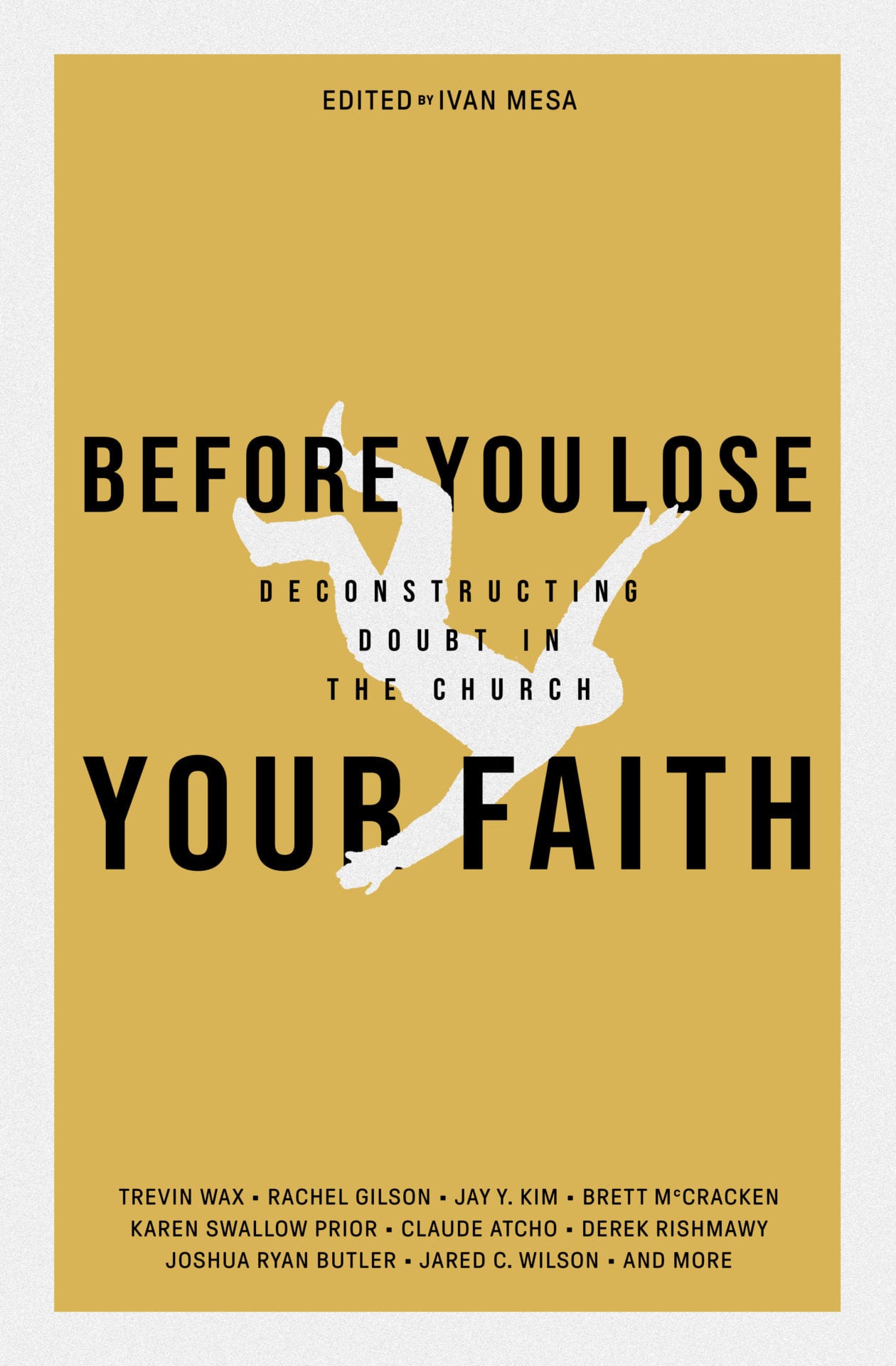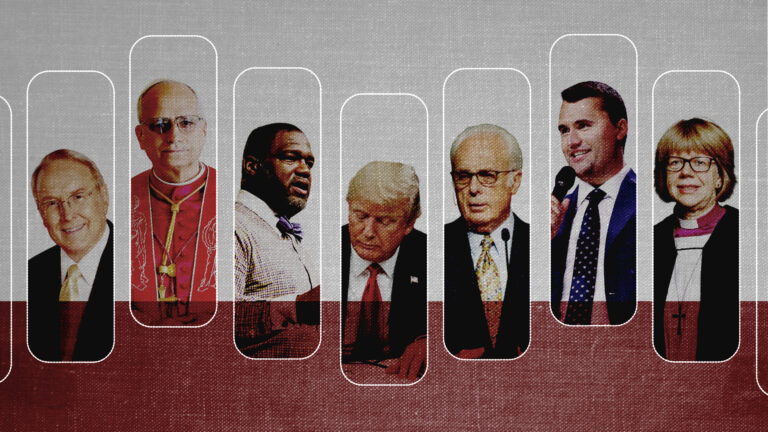Martin Luther said it well: “God does not need your good works, but your neighbor does.” A primary way God designed us to love our neighbors is for us to do our work well, and from our work to have the capacity to be generous to neighbors in need. When it comes to being a helpful neighbor, a slothful worker faces an uphill climb. On the other hand, the best workers make the best neighbors.
As apprentices of Jesus we’re called to be generous with our time and our talents. We’re called to be generous with acts of kindness and faithful in our prayers for others. We’re commissioned to be generous in sharing the gospel with our neighbors, and we’re also called to be generous with our financial resources, which come from diligent labor and wise financial management. How can we be generous in tangibly caring for our neighbor if we have nothing to be generous with? If we have compassion without capacity, we have human frustration. If we have capacity without compassion, we have human alienation. If we have compassion and capacity, we have human transformation. We have neighborly love.
If we have compassion and capacity, we have human transformation. We have neighborly love.
The Great Commandment challenges us to better connect Sunday to Monday, not only by nurturing compassionate hearts but also by growing in our economic capacity. And economic capacity doesn’t appear out of thin air. It comes from faithful vocational stewardship. The financial margin we need for generosity flows from a lifestyle of wise financial management. Neighborly love requires both compassion and capacity. It requires transformed hearts and transformed habits, deep compassion and faithful stewardship.
If we’re going to narrow the Sunday-to-Monday gap between our faith, our work, and the economic flourishing of our neighbors, we must take tangible steps to love with both greater compassion and increased capacity. But what does this look like?
Know Your Neighbor
First, to love our neighbors we must seek to know our neighbors. Ask yourself:
- Who are the neighbors in my life?
- Those I live by?
- Those I go to school with?
- Those I work with?
- What about those society says are not my neighbors?
- Those who speak a different language?
- Those who embrace different faiths?
- Those who live in another part of the city?
Geographic proximity calls for responsibility, but in a globalized world there’s more than geographical proximity; there’s also human proximity.
For many of us the ever-present danger of cultural insularity and isolation is quite real. We can be blinded to the economic difficulties experienced by our neighbors, even in communities minutes away from where we live. I was reminded of this truth when my wife and I, who live in the suburbs of Kansas City, took an extended walk through one of the most underresourced neighborhoods in our metro area. Walking down Prospect Avenue, dilapidated storefronts and neglected vacant lots border the crumbling sidewalks. Viable businesses are virtually nonexistent. The lack of thriving stores or markets has made this area an urban food desert. Pride of ownership, meaningful work, and economic activity seem to have ground to a halt. The scene is heartbreaking and, unfortunately, not uncommon.
My wife and I have lived in Kansas City for more than 25 years, yet before we intentionally walked through this neighborhood, we had no idea who these neighbors were, how they lived, or what challenges they faced in their neighborhoods. In many ways we had been hauntingly similar to the Jewish priest and Levite who walked past their neighbors in need. For years we not only walked past them, we avoided their neighborhood completely. This needs to change.
If we’re going to embrace neighborly love, we’ll have to take the initiative to move out of the comfort zone of our cultural and geographical insularity and get to know our neighbors as people who, like us, have a unique history, have felt the pain of heartache, harbor unfulfilled dreams, and possess underutilized talents and future aspirations.
Help Your Neighbor
Once we’ve identified our neighbors, we can take tangible steps to help them. The first step will likely require us to increase our capacity to help. Think with me for a moment: How much good could the Samaritan have done if he hadn’t worked hard on Monday? When we think about helping our neighbors, we ought to think first about our own work and the value it creates for others. We should consider how the economic capacity our work produces not only makes possible material provision for our families and ourselves, but also gives opportunity to come alongside the poor and underresourced.
Scripture speaks a great deal about our responsibility to care for the poor and vulnerable, but how do we do that? Robert Lupton offers insight into the complexities of human impoverishment, reminding us that in spite of our best intentions our philanthropic efforts can yield unintended consequences: “While we are very generous in charitable giving, much of that money is either wasted or actually harms the people it is targeted to help.” Instead of adhering to philanthropic models that dehumanize our neighbors by perpetuating impoverishment, Lupton advocates the cultivation of institutions and relationships that develop economic capacity.
You can’t help your neighbor well if you don’t understand economics well, because human flourishing and economic flourishing go hand in hand.
As we seek to help our neighbors, we must remember that both the creation of wealth and the stewardship of economic capacity through diligent work need biblical love and wisdom to guide them. You can’t help your neighbor well if you don’t understand economics well, because human flourishing and economic flourishing go hand in hand.
Do Your Work Well
This means neighborly love is more about how we work than where we live, more about how we use our time and resources than who happens to live next door. While the Samaritan incarnated neighborly love, so did the innkeeper whose year-round business provided an important service for the traveler. Unlike the robbers who perpetrated economic injustice against the Jewish man, the innkeeper worked hard to maintain an enterprise that served others’ needs. God created us as his image-bearers with work in mind. An important aspect of being an image-bearer is to work and to create value by serving others within our collaborative economic system.
Certainly we followers of Jesus are far from perfect, inhabit broken workplaces, and play out our vocational roles within imperfect economic systems. Nevertheless, we must remember that in spite of the less-than-ideal work we might do—and in spite of the less-than-optimum environments of labor we inhabit—we’re called to be agents of redemption, doing good work as an act of worship, while seeking to further the common good. Human work isn’t a solitary enterprise; it’s woven into the fabric of human community’s flourishing design.
Human work isn’t a solitary enterprise; it’s woven into the fabric of human community’s flourishing design. . . . The best workers make the best neighbors.
I received an email from a member of my congregation whose company does a good deal of international business. It speaks volumes about neighborly love. Tim is a modern-day Samaritan businessperson, doing good work and loving his neighbors in India. He describes his last 15 years working with a talented international workforce:
What I have come to realize is that my position of influence puts me in a unique position as a Christian. My workers in India are decent, hardworking, college-educated, and desire to live a good life. I pay a fair wage and offer a path to economic freedom. Many on the team are the first generation to graduate from college. They are mostly Hindu and Muslim. During my many visits to India, they’ve told me that my values seem different from many perceptions they have of Americans. I’ve been able to share my faith and values with a group that is willing to listen. My neighbors in India now have a larger stake in a stable world since they are connected to the world economy. Their prosperity trickles down into their community. And hopefully they see a little of the love of Jesus reflected through me.
Yes, the best workers make the best neighbors.
Editors’ note: This is an adapted excerpt from Tom Nelson’s new book, The Economics of Neighborly Love: Investing in Your Community’s Compassion and Capacity (IVP Books, 2017).
Free Book by TGC: ‘Before You Lose Your Faith’
 Many young people are walking away from Christianity—for reasons ranging from the church’s stance on sexual morality, to its approach to science and the Bible, to its perceived silence on racial justice.
Many young people are walking away from Christianity—for reasons ranging from the church’s stance on sexual morality, to its approach to science and the Bible, to its perceived silence on racial justice.
TGC’s book Before You Lose Your Faith: Deconstructing Doubt in the Church is an infusion of hope, clarity, and wisdom in an age of mounting cynicism toward Christianity.
For anyone entering college or the workplace and looking for a timely reminder of why Christianity is good news in a skeptical age, make sure to get your FREE ebook Before You Lose Your Faith today!


































